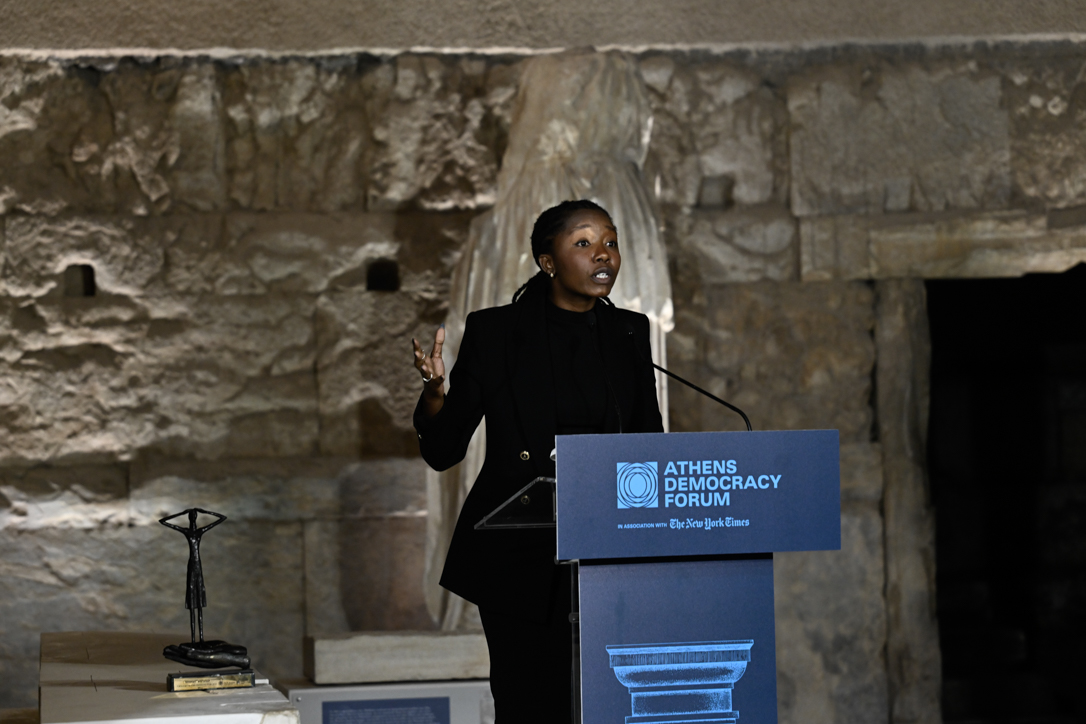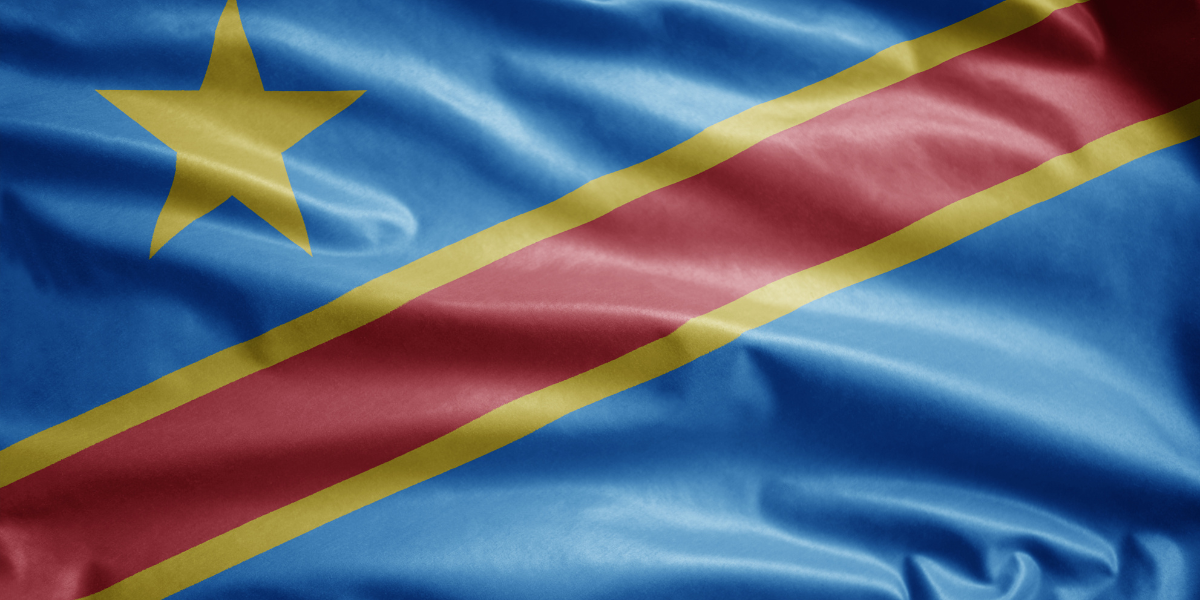Democracy in Sub-Saharan Africa – trends, best practices, challenges and threats
There is no single model of democracy. Across the world, people’s aspirations for free and transparent governance are expressed in a multitude of different models, traditions, and norms.
Amidst the current “crisis of democracy”, some of these models are faring better than others. In examining this varied landscape of democratic processes, we can find and share tools and models that can deepen and defend democracies worldwide.
To this end, in October 2022, the Kofi Annan Foundation and the European Public Law Organisation (EPLO) launched a fresh and honest conversation to explore how democratic aspirations and values are expressed in different countries, and possible solutions and systems, policies and practices that can deliver on these aspirations.
The panellists during the Democracy in Sub-Saharan Africa expert panel, 24 October 2022. Photo: Kofi Annan Foundation
The first conversation – on democracy in Sub-Saharan Africa – was held at the United Nations Office in Geneva and led by the Permanent Representatives of the Permanent Missions of Botswana and Cabo Verde. Joined by diplomats and experts from civil society and academia, they explored democratic trends on the continent, assessed how African countries manage challenges to democratic leadership, and addressed critical threats to democracy, from disinformation to the exclusion of young people from public life.
Audience members during the Democracy in Sub-Saharan Africa panel, 24 October 2022. Photo: Kofi Annan Foundation
Panellists were frank about the challenges, including the series of recent coups in the continent or the fact that many Africans are not satisfied with their democracy, and feel that the hopes of Africa’s first wave of democratisation were never realised. However, it was also acknowledged that democratic backsliding is a global, not African, trend, and the situation across the continent is not as gloomy as might first appear. Ambassador Papadatos, Permanent Representative of EPLO in Geneva, also suggested that it was inaccurate to blame democracy: “Democracies do not fail people. It is people,” he noted, “who fail democracies and undermine its institutions and mismanage economies.”
“…the latest Afrobarometer surveys indicate that 69% of Africans support democracy, and more than 70% agree that there should be term limits.”
Professor Signé of the Brookings Institution and the Thunderbird School of Global Management observed that while Africa might be experiencing ‘slow moving democratisation,’ the latest Afrobarometer surveys indicate that 69% of Africans support democracy, and more than 70% agree that there should be term limits. Professor Signé further observed that “democracy is intrinsically a good thing: even when it doesn’t deliver, it is still better than anything else.” His words were echoed by Ambassador Molokomme of Botswana, who noted that “democracy is an ideal. It is a work in progress… a prerequisite for the development of society…but it cannot be viewed as an end in itself.”
Likewise, the Ambassador of Cabo Verde, Clara Manuela da Luz Delgado Jesus, stressed how respect for democratic institutions and stability had benefitted her country. “We do not have great wealth or natural resources, she noted, but our wealth resides in our democracy.”
Ambassador Molokomme also explained how cultural practices in Botswana, such as traditional Kotla Assemblies, reinforce and inform modern democratic practices, which have also evolved to be more inclusive. This challenge of inclusion, particularly of young people, was a recurring theme. For example, Professor Deglia of the Geneva Graduate Institute argued that the critical challenge in Africa is related to the legitimacy of democracy and democratic processes and for democracy to be legitimate, “every part of the project must believe in the democratic process and its outcomes.” The Ambassador of Cabo Verde, Clara Manuela da Luz Delgado Jesus, expressed the opinion that the young population of Cabo Verde was one of the country’s ‘great hopes’ and noted their central role in developing healthy democratic institutions and economic growth.
Other priorities identified included the need for stronger institutions, higher levels of accountability, and more education to inform and engage voters around key themes: such as the use of technology or their right to vote.
“Democracy, like a little plant, cannot grow on its own.”
Perhaps the most repeated priority was the need to develop stronger alliances amongst democracies – a point eloquently made by Ambassador Molokomme when she quoted Seretse Khama: ‘Democracy, like a little plant, cannot grow on its own.’
Ending the discussion on a positive note, Corinne Momal-Vanian, Executive Director of the Kofi Annan Foundation, noted that “support for democracy on the continent has remained high and that rejection of one-party rule and military rule has remained the position of a solid majority. People’s aspirations, therefore, have not changed, and they value the principle of democracy. It is the practice of democracy that needs to evolve.”
Read the Opening Remarks
From left to right: Corinne Momal-Vanian (Executive Director of the Kofi Annan Foundation), H.E. Clara Manuela da Luz Delgado Jesus (Ambassador and Permanent Representative of Cabo Verde), H.E.George Papadatos (Ambassador and Permanent Representative of EPLO in Geneva), Dr Athaliah Molokomme (Ambassador and Permanent Representative of Botswana), Professor Signé (Brookings Institution and the Thunderbird School of Global Management) and Professor Deglia (Geneva Graduate Institute). Photo: Kofi Annan Foundation



